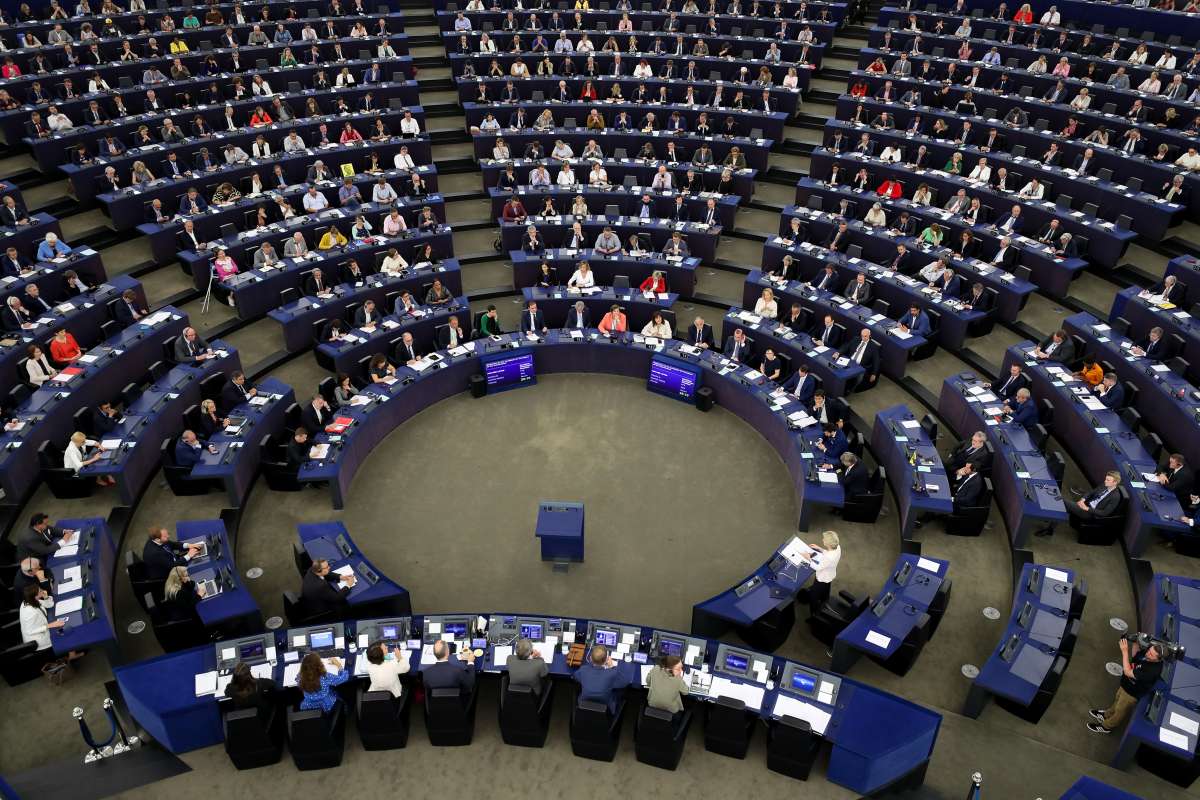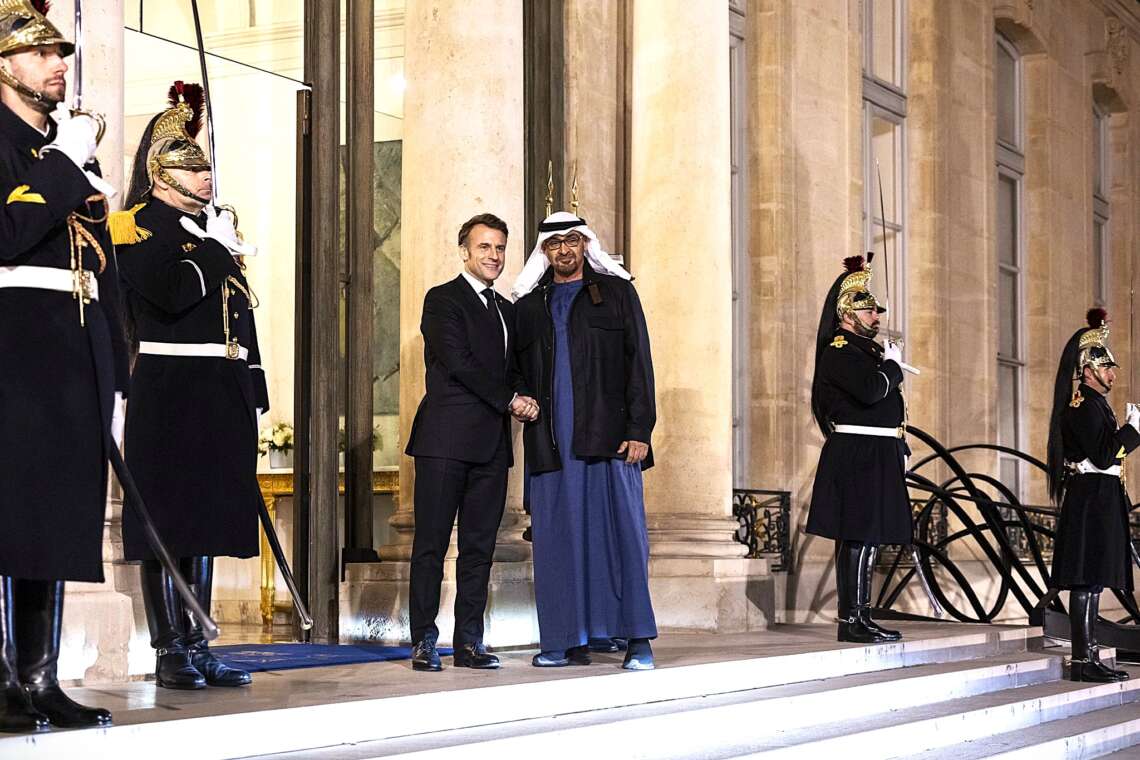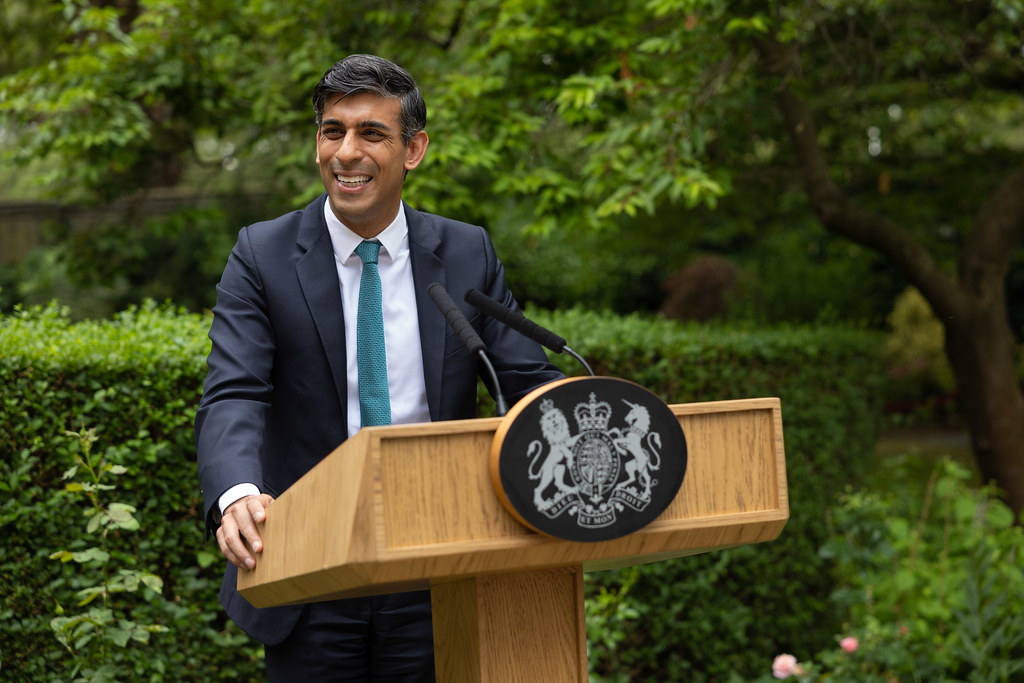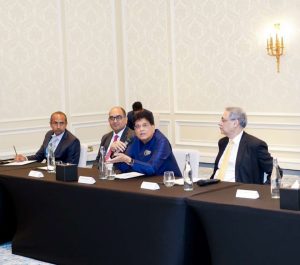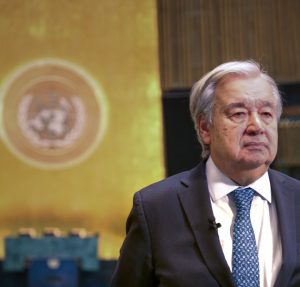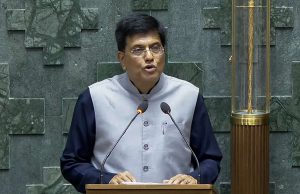On the other hand, EU countries with the lowest R&D budget allocations per person were Romania (Euro 17.6 per person), Bulgaria (Euro 27.3) and Latvia (Euro 49.6)…reports Asian Lite News
In 2022, the total government budget allocations for R&D (GBARD) across the EU stood at Euro 117.4 million, equivalent to 0.74 per cent of the GDP. This was a 5.4 per cent increase compared with 2021 (Euro 111 393 million) and a 49.2 per cent increase compared with 2012 (Euro 78 656 million).
Data on government budget allocations for R&D (GBARD) published by Eurostat today showed that in 2022, government budget allocations for R&D at the EU level stood at Euro 262.7 per person, a 47.2 per cent increase compared with 2012 (Euro 178.5 per person). The highest allocations were recorded in Luxembourg (Euro 661.6 per person), followed at a distance by Denmark (Euro 529.1) and Germany (Euro 517.6).
On the other hand, EU countries with the lowest R&D budget allocations per person were Romania (Euro 17.6 per person), Bulgaria (Euro 27.3) and Latvia (Euro 49.6).
Between 2012 and 2022, all EU governments increased their budget allocations for R&D in terms of Euro per person. The largest percentage increases were recorded in Latvia (+208 per cent from Euro16.1 per person in 2012 to Euro 49.6 in 2022) and Greece (+129 per cent from Euro 66.0 to Euro 151.2). Sweden registered the lowest percentage increase in this reference period (+4 per cent from Euro 377.7 to Euro 391.6).
The biggest share of the government budget allocations for R&D, namely 35.5 per cent, was directed to the general advancement of knowledge financed in a large majority by a public block grant known as public general university funds (GUF), which many public higher education institutions receive to support all their activities. Next, the allocation of 16.5 per cent of the GBARD was earmarked for the general advancement of knowledge from other sources than GUF, followed by 10.2 per cent to industrial production and technology, 8.3 per cent to health and 5.9 per cent to exploration and exploitation of space.
Although the most representative objectives in 2022 are the same as in 2021, a significant increase was observed in defence, from 2.6 per cent in the previous year to 4.2 per cent in 2022. (ANI/WAM)
ALSO READ-MBSC honors graduates in grand ceremony, fostering entrepreneurship for Saudi future

